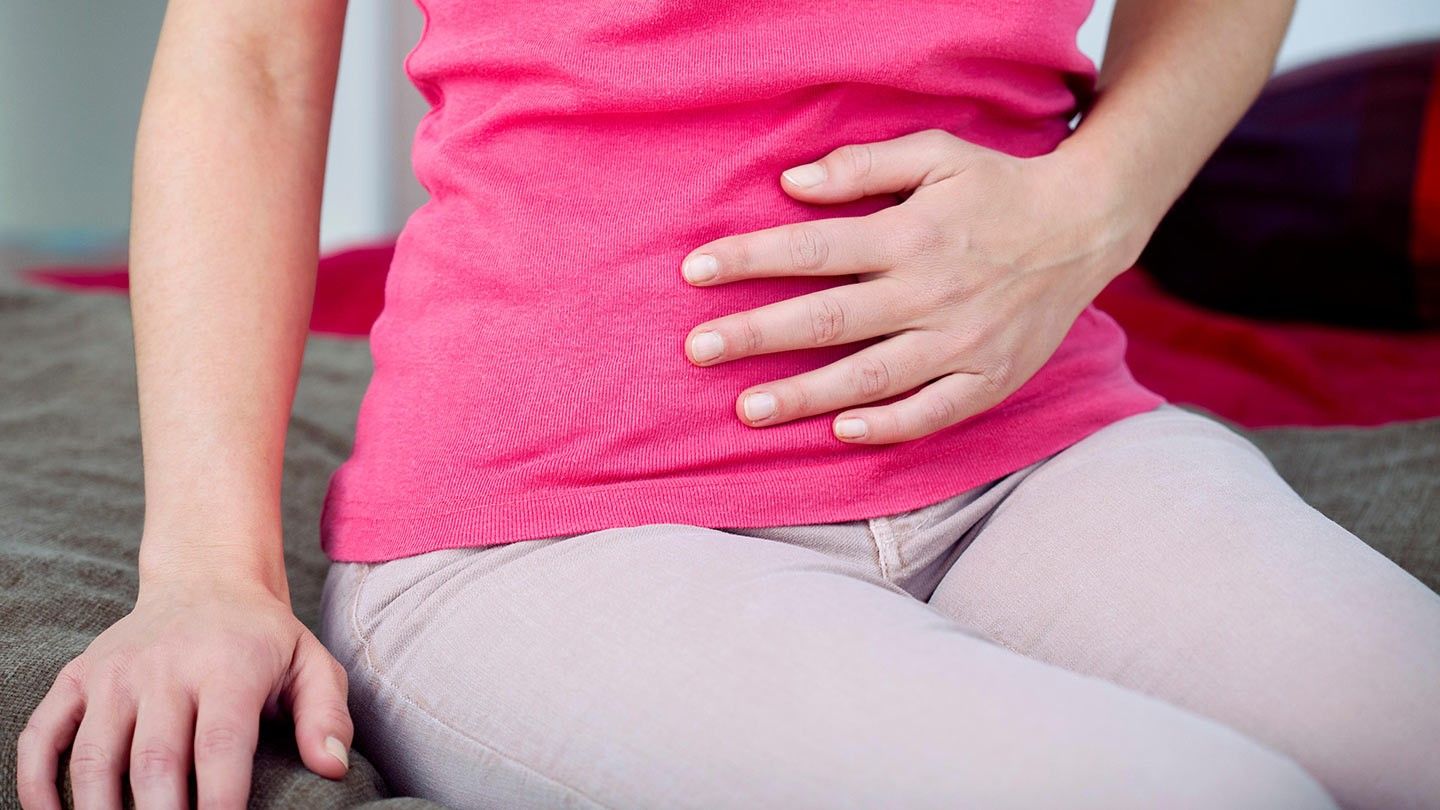
It can be both worrying and frustrating for you and your partner when things don’t go according to plan.
Conceiving may be easy for some but can be a rugged mountain to climb for others. For folks considering in-vitro fertilisation (IVF), there must be some burning questions you can’t wait to get answers to.
Good news! In this article, we will hear from experts on IVF. Keep reading if you want more deets from Dr Roland Chieng, a specialist gynaecologist and director of Virtus Fertility Centre, and Dr Loh Seong Feei, the medical director at Thomson Fertility Centre.
#1: When is a good time to go for IVF?
According to Dr Loh, couples should go for a check-up if they aren’t successful after one year of regular, unprotected intercourse. The health professional will then evaluate the sperm’s condition, your fallopian tubes, and ovulation frequency.
Once the problem that causes infertility is identified, the doctor will recommend the most appropriate course of treatment. Other than IVF, they may suggest other methods, including inducing ovulation, surgical correction of endometriosis, and removing polyps.
#2: Is IVF an excruciating process?
Dr Chieng shares that IVF will involve daily injections of follicle-stimulating hormone under the skin. It’s pretty similar to the insulin jabs that some people with diabetes have to do daily.
While it largely depends on individual requirements, the whole procedure can take up to three weeks or even longer. It’s probably a little comforting to know that the injection needle is very fine, and there will be lesser pain after the initial apprehension.
#3: Are there any health risks with IVF?

Image Credits: everydayhealth.com
Ladies, unfortunately, you might encounter risks like ovarian hyperstimulation syndrome (OHSS) and multiple pregnancies.
Dr Chieng noted that OHSS is a situation where an excessive response to IVF medication results in a high number of eggs and hormone levels. Some may even have to deal with excessive bloatedness and water accumulation in the lungs and abdomen in rare, severe cases.
#4: Is it true that babies conceived via IVF have a higher risk of birth defects?
Yes, in short. Dr Loh said that test-tube babies have a slightly higher risk of birth defects or congenital malformations. However, it cannot be entirely attributed to IVF.
Since many couples who opt for IVF are older, the risk of chromosomal and structural abnormalities in their newborns is higher. In addition, individuals may also face untypical sperms with underlying genetic problems that could pass on to the little lives conceived through IVF.
#5: Will we be expecting multiple babies at one go?
Based on Dr Loh’s advice, IVF treatment can lead to multiple pregnancies and births of twins or triplets. This is because more than one embryo is usually replaced in the womb during IVF to raise the chance of conception.
But it’s also good to know that under the Singapore Ministry of Health’s regulations, only up to three embryos are transferred back into the womb. Furthermore, the ministry’s co-funding regulation has advised couples to put only two embryos in the womb. This will lessen the possibility of higher-order multiple pregnancies and the birth of three or more babies.
Need some encouragement before embarking on your IVF? Read this Singapore mum’s story on her inspiring IVF journey with her partner. Take heart!




